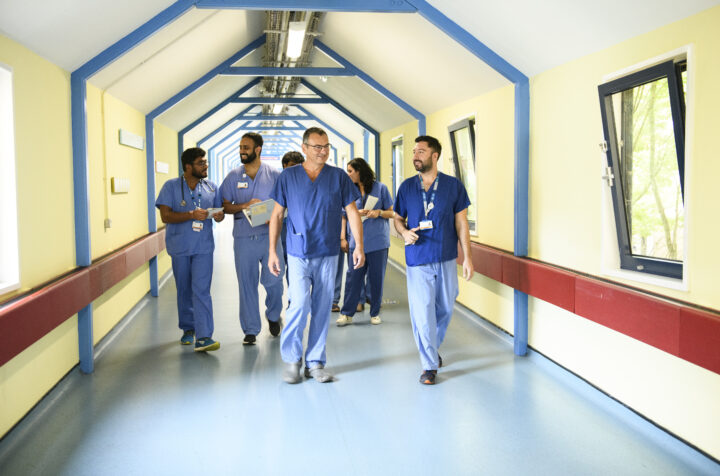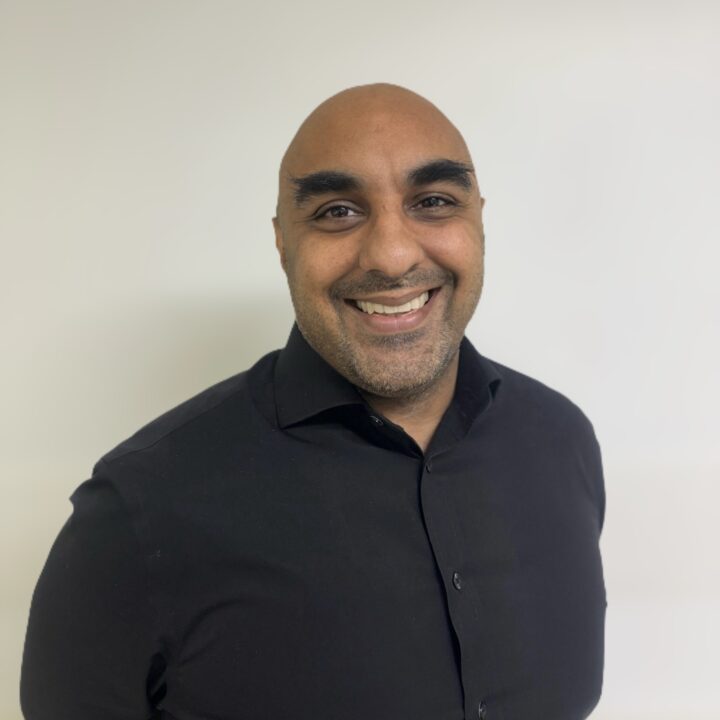Author
Molly Hunt
Posted on
20 March 2024
Read time
2 minutes
We have an exciting opportunity for three professors to join the Academic Centre for Healthy Ageing (ACHA).
ACHA is a new research, education and training centre with ambitious plans to lead innovative research on healthy ageing to improve care for older people.
Barts Health NHS Trust and Queen Mary University of London formed ACHA as a collaborative partnership, with funding from Barts Charity.
We are looking for internationally renowned academics with a significant track record of high-quality research in older adults’ health or social care, along with strong leadership and collaboration skills.
These appointments, based at Queen Mary University of London, but holding honorary contracts with Barts Health or other local partners, will each provide leadership to one of ACHA’s three main healthy ageing research areas:
- Preventing frailty
- Rehabilitation
- Mental health
Funding and support will be provided to establish and grow research groups, enabling the professors to deliver an internationally leading and innovative research agenda to better support healthy ageing across north east London and beyond.
For more details and to apply, visit Veredus (reference number 15650). Applications close on 29 April 2024.
Read more:
The Academic Centre for Healthy Ageing (ACHA) is a new centre focused on research, education and training to improve care and support for older people in North East London.
ACHA is a collaborative partnership between Barts Health NHS Trust and Queen Mary University of London and Barts Charity, uniquely co-located within Whipps Cross Hospital and Queen Mary University of London.
People are living longer, but not always with good health and wellbeing. We want to make sure older people’s lives remain as healthy, productive, independent and enjoyable as possible.
All our research happens in real world ‘frontline’ care settings and involving patients and caregivers. Because of this, we can produce high quality evidence of what works. Connecting with national experts and networks, we can use this knowledge to change services to better support healthy ageing.
The views and needs of our diverse local communities will inform everything we do: our research, our education programmes, and, mostly importantly, how we should design and deliver health and care services to improve the ways in which people can grow older.
For more information get in touch.








